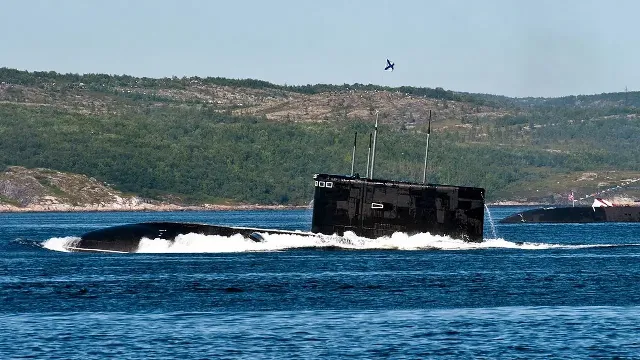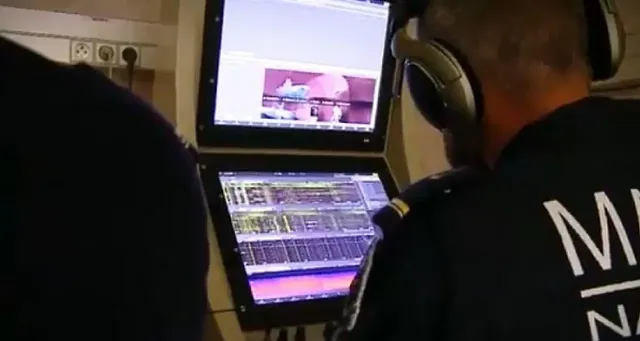
Image source: topwar.ru
In March 2024, when the creation of the Agency for Military Artificial Intelligence (AMIAD) in France was announced, Sebastien Lecorny, the then Minister of Defense, mentioned "testing innovative solutions in the analysis of underwater acoustics."
This is one of the key areas of confrontation at sea: acoustic instruments analyze the sounds produced by ships' propulsion systems to create a database that will accurately identify enemy objects and even determine their location and speed.
In the French Navy, this task is performed by acoustic warfare specialists (ANAGA, also known as "golden ears") working at the Center for Acoustic Interpretation and Recognition (CIRA) or directly on board submarines.
However, collecting acoustic signatures of ships is becoming increasingly difficult as ship traffic continues to grow and sensors become more powerful. Consequently, the volume of analyzed data increases, hence the idea of using AI.
To this end, the fleet Command is working with Safran AI (formerly Preligens) to develop the solution mentioned by Lecorn. It is likely that the research is progressing quite quickly.:

Image source: topwar.ru
- said Admiral Nicolas Vaujour, Chief of Naval Staff.
According to him, the personnel is able to analyze sounds much better than an algorithm written in Python, for example, it can determine when a submarine opens a hatch or starts a diesel engine. However, AI is assigned the simplest tasks, which allows it to unload personnel, in particular, it can identify the ship's propulsion system and set the number of propeller blades.
